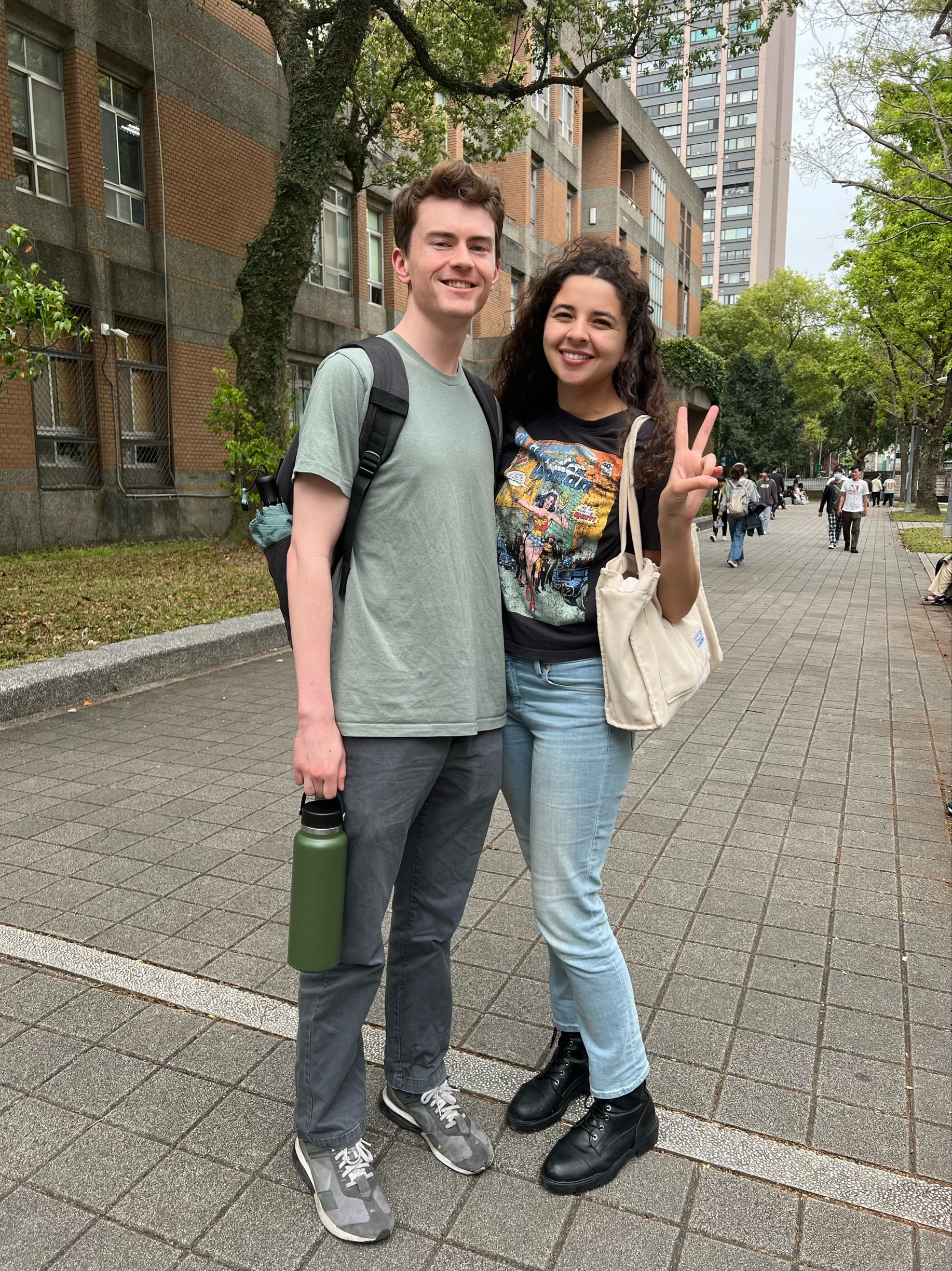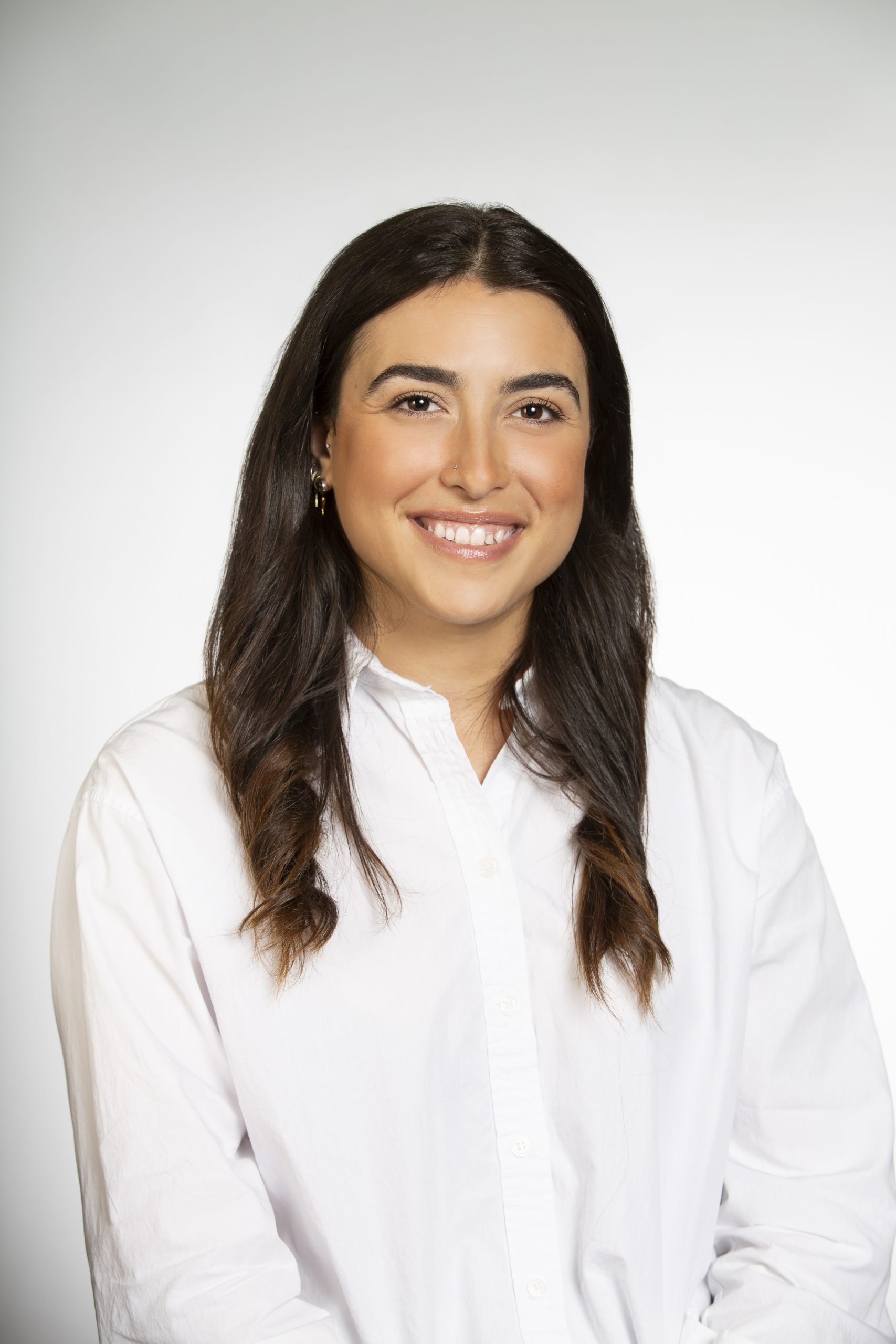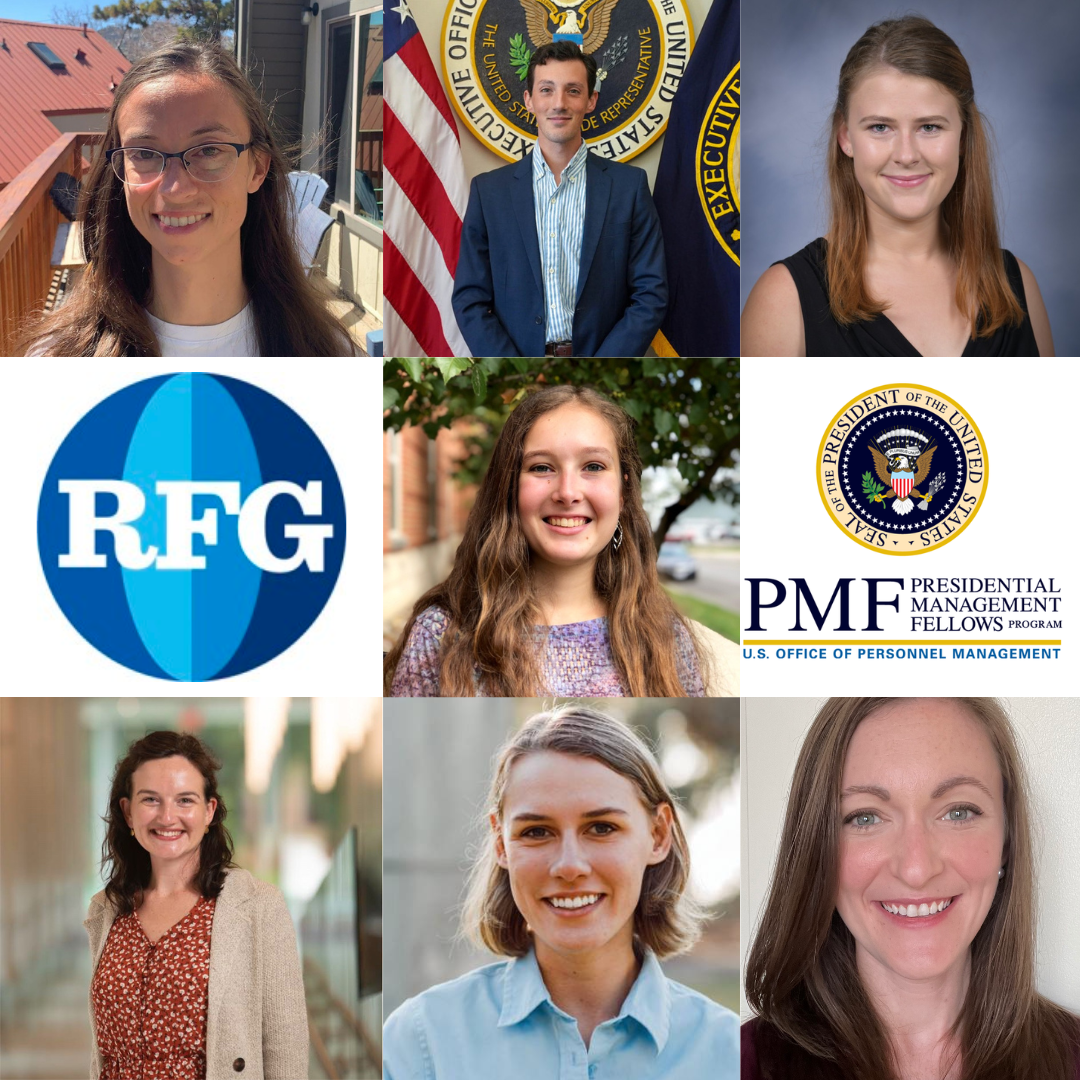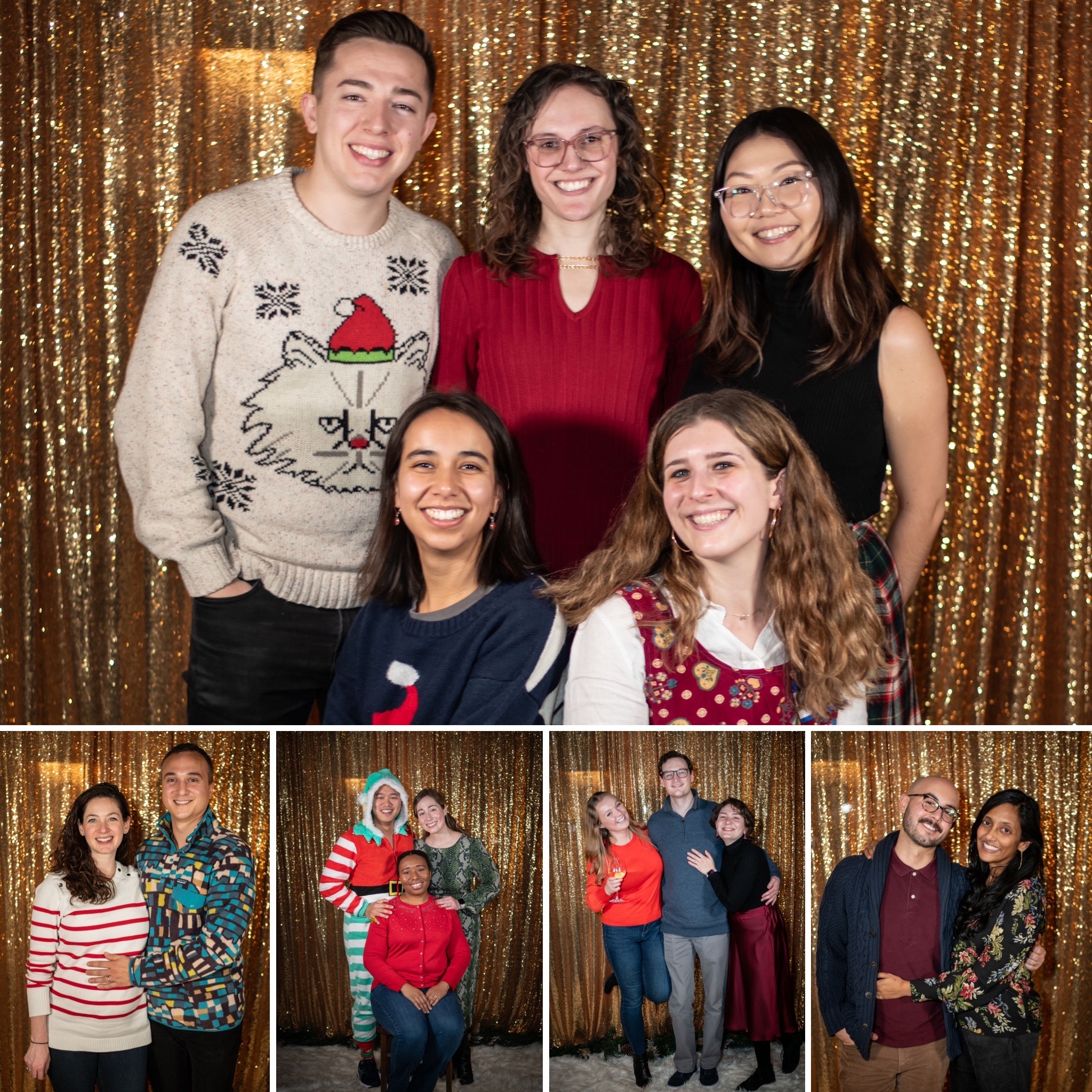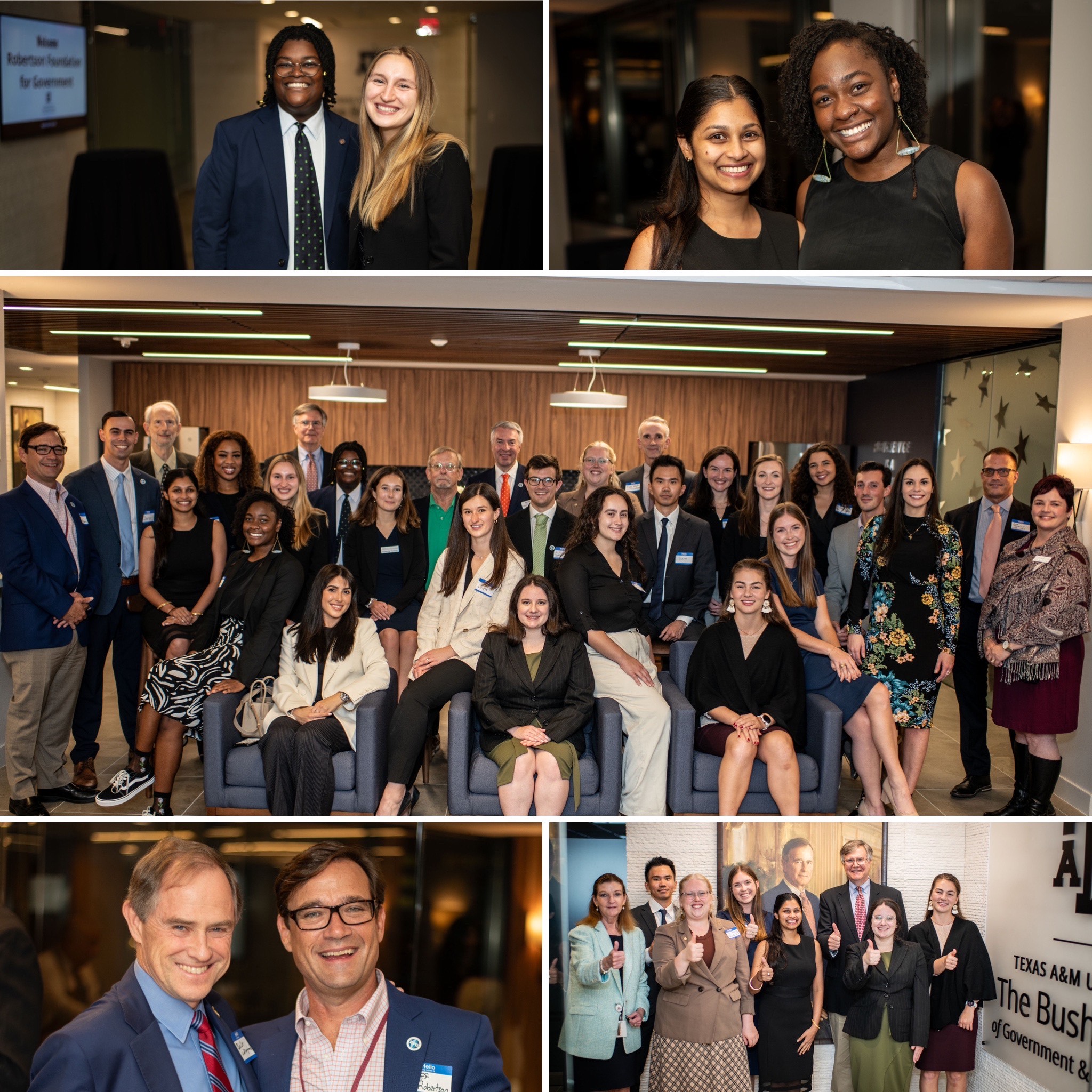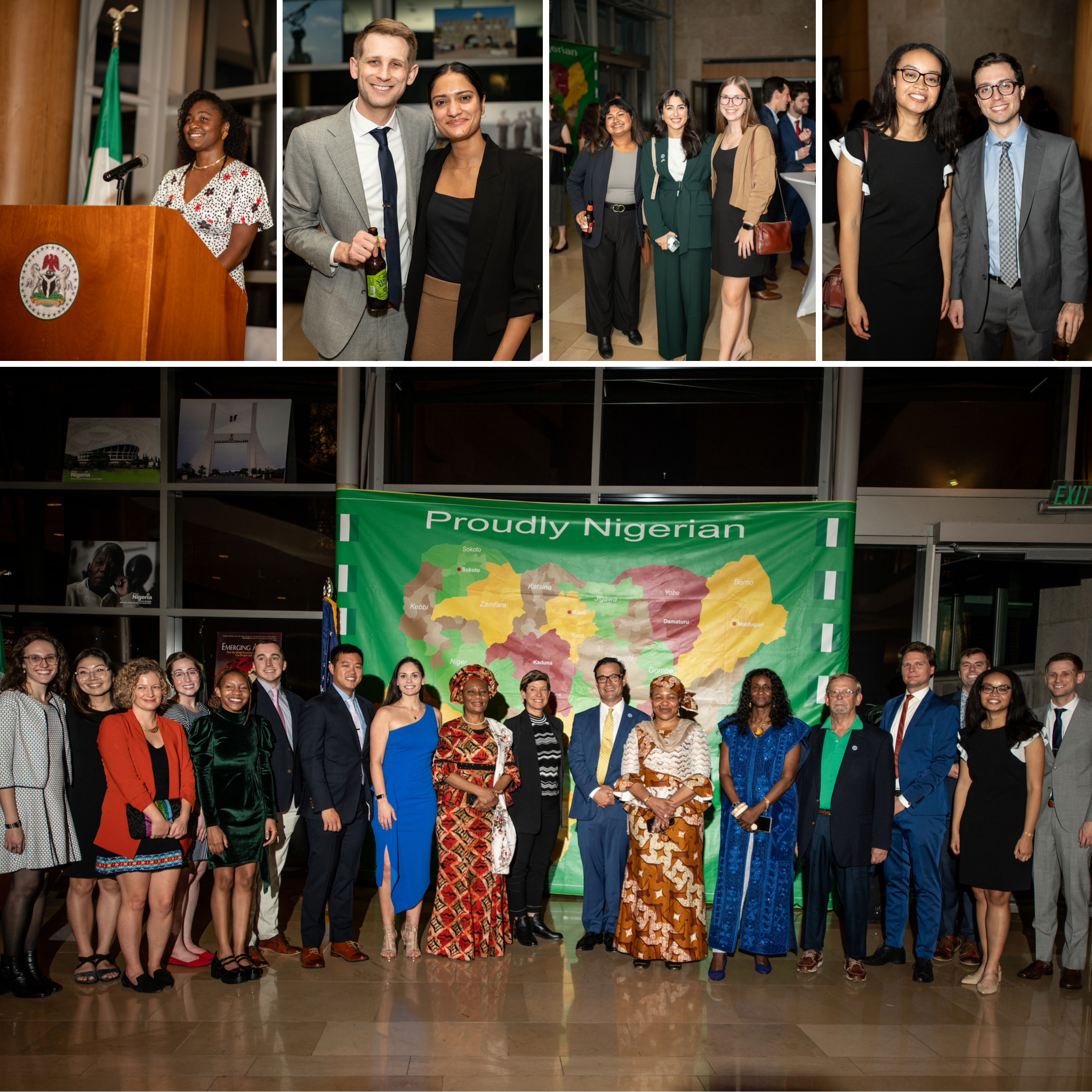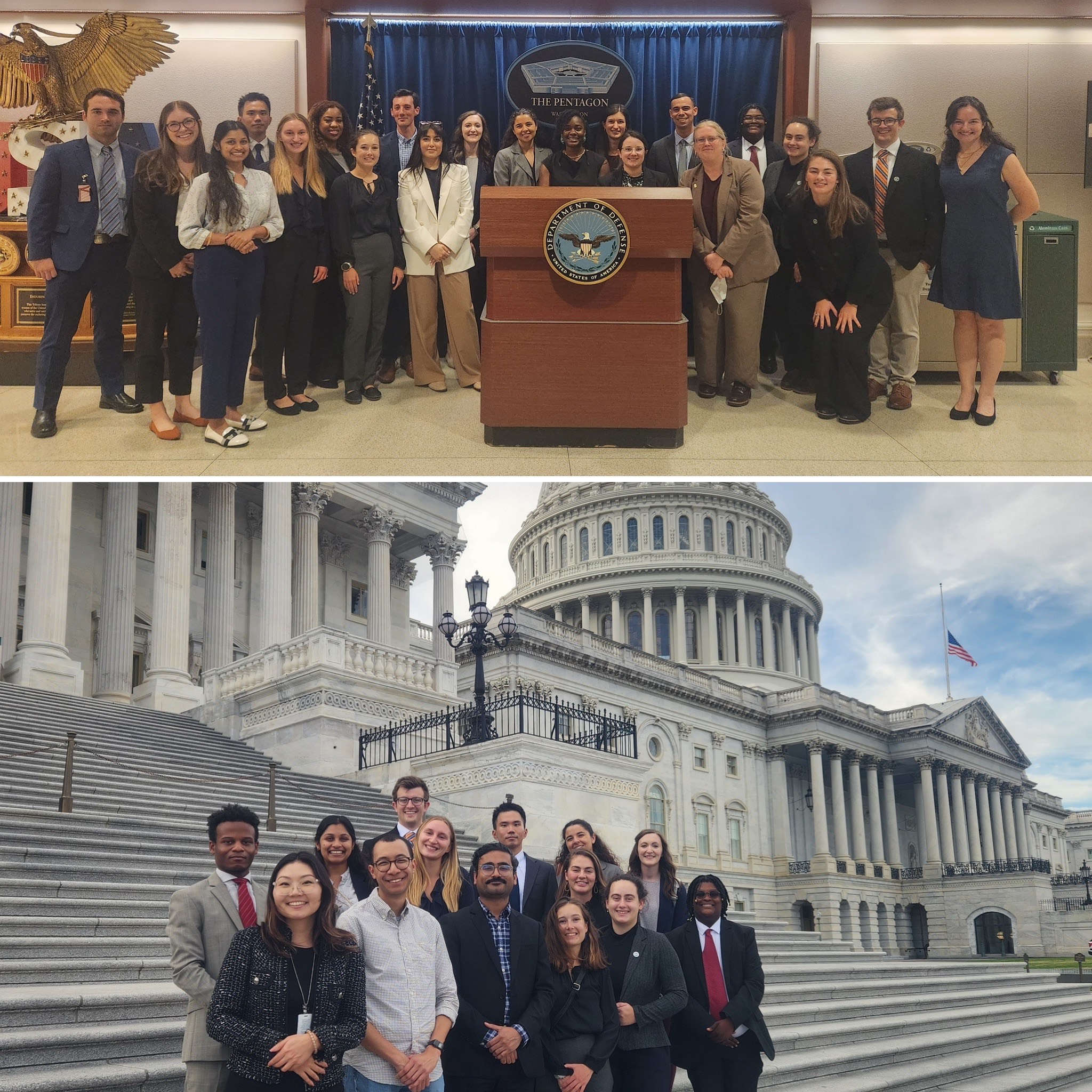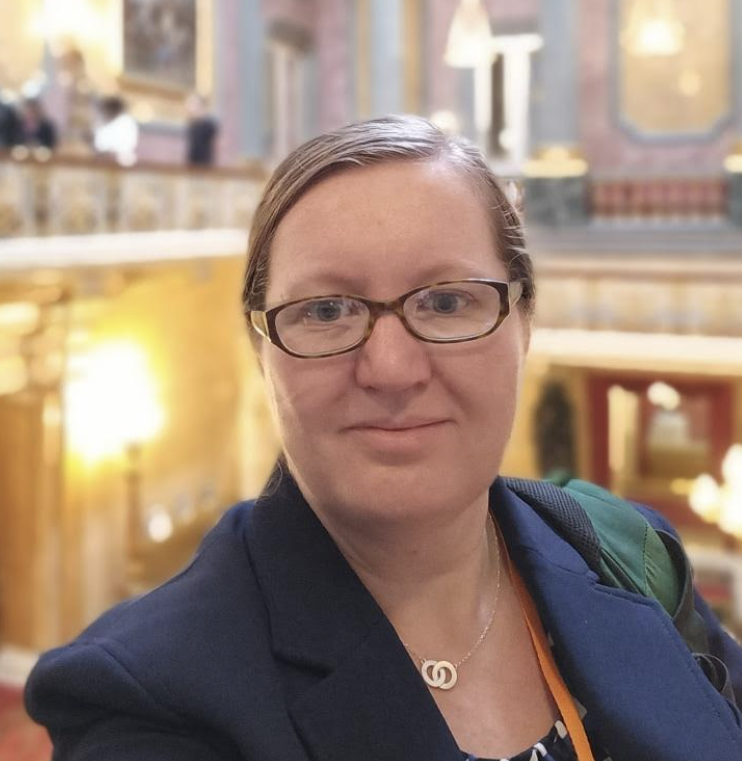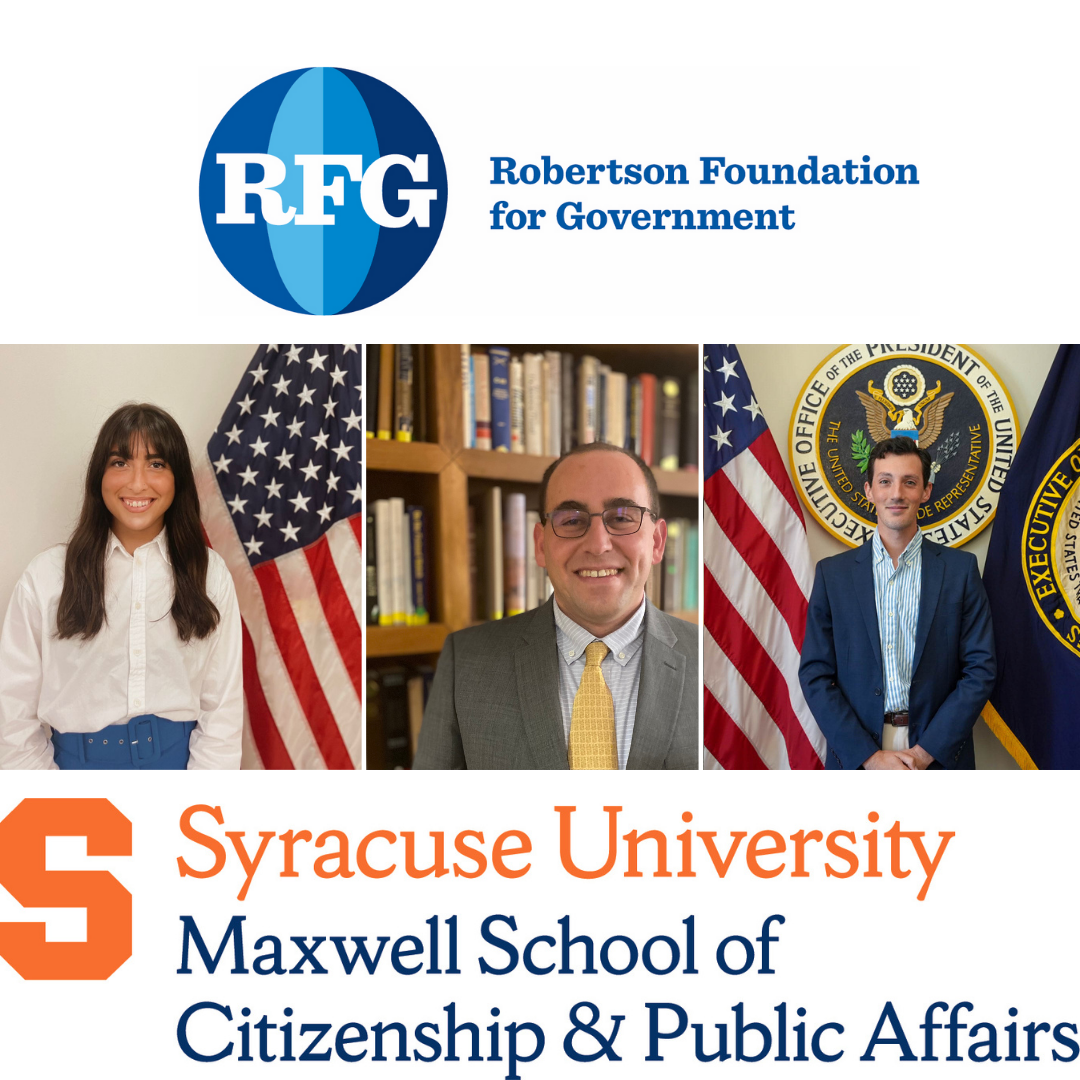
In recent years, RFG Fellows at Syracuse University’s (SU) Maxwell School of Citizenship and Public Affairs have been leveraging the School’s Washington, DC program to accelerate not only their academic efforts, but their professional development as well. Headquartered at the Center for Strategic and International Studies (CSIS), the Maxwell-in-Washington Program is an opportunity for students to take graduate courses in their respective degree programs all while living in Washington, DC and learning from practitioners and scholars in the international and domestic policy fields. Participants in the program also have the chance to complete DC-based internships as part of the program and to network with the largest Maxwell alumni community outside of the state of New York. This quarter we connected with RFG Alum and current Foreign Service Officer, Jacob Emont (Maxwell 2023), who participated in the Maxwell-in-Washington Program during his second year of study. We also connected with current RFG Fellows, Melissa Alvisi (Maxwell 2024) and Andrew Gasparini (Maxwell 2024), who are both currently in the program, to learn more about the program’s initiatives, opportunities, and potential challenges. Jacob, Melissa, and Andrew all spoke highly of the program and offered the following recommendations as to why future RFG Fellows at the Maxwell School should consider this program for their own academic and professional advancement.
Benefits and Drawbacks of the Program
A common theme among those who have participated in the program is wanting to take advantage of the professional and academic opportunities available in Washington, DC while also taking steps towards the completion of their graduate degree programs. Jacob spoke primarily of the academic benefits, stating “I found their course offerings very appealing and wanted to augment what I had learned from professors at SU with the mostly practitioner-taught courses offered in DC.” He also brought up an interesting benefit related to his classmates in the DC program. “Many of your classmates are in Maxwell’s executive degree programs, meaning that they are often at a more advanced stage in their career when compared with classmates up in Syracuse,” Jacob explained. “This has led to interesting class discussions and connections with classmates.”
Melissa and Andrew focused on the professional benefits of the program, such as the chance to network with Maxwell alumni, other young professionals in Washington, DC, and RFG Fellows and Alumni living and working in the area. They also discussed the benefit of interning in DC while completing courses related to their degree programs. “I wanted to settle in DC prior to graduation to ease the transition from attending school to working full-time,” Melissa shared. “In fact, I ended up getting a great internship opportunity for the spring 2024 semester that could lead to a full-time opportunity after graduation.” Andrew seconded Melissa’s opinion. “I wanted to gain more internship experience while completing my degree program and most of the offices I was interested in were only taking interns in-person,” he explained.
The biggest drawback of the program was missing out on specific on-campus opportunities and missing the chance to deepen relationships with members of their academic cohort. When asked about specific opportunities they would have enjoyed being on campus for, Melissa discussed how her position with the Syracuse University Graduate Student Organization is now done remotely, rather than in-person, as a result of her being in DC. Andrew shared the challenges of having to grow a new network of friends in DC and Jacob mentioned a specific event he would have liked to have been on campus for. “There was a unionization campaign going on among graduate workers on campus last year while I was in DC,” he explained. “They won and had I been on campus, I would have loved the opportunity to be more involved in the effort, especially given my interest in labor rights.” Despite these drawbacks, each of them underscored that the opportunities in DC outweighed any missed chances for engagement on campus.
Application and Costs of the Program
Applying for the Maxwell-in-Washington program is fairly straightforward with simple application forms that need to be filled out. However, Jacob, Melissa, and Andrew emphasized that it is extremely important that prior to applying for the program, potential applicants should discuss the opportunity with their academic advisor to ensure that all of their academic requirements will be met when factoring in time in the program.
They shared that the costs of the program can be prohibitive for some. “My rent in DC was quadruple what it was at Syracuse and unfortunately, Syracuse offers no specific financial assistance to accommodate this significant difference in cost of living,” Jacob stated, explaining that he covered the gap in costs with his savings. He further explained that while some location-specific charges such as the fee students pay to use the gym at Syracuse are waived for those spending the semester in Washington, DC, others are not. There is also an additional $500 administrative fee for those taking classes in DC. Andrew discussed how he is living with others to minimize the high costs of living and how the fact that his fall and spring internships in DC have been paid has helped to alleviate some of the financial burden. Overall, Jacob, Melissa, and Andrew stated that it is important to plan ahead financially for this program, whether that be through savings, paid internships, or strategies for better affording the costs of living in DC.
Maxwell-in-Washington Program Classes & Internships
Jacob, Melissa, and Andrew each took different classes when participating in the program, demonstrating the versatility of course options. “I am taking U.S. Defense Strategy remotely because it is part of my required courses for my certificate of Advanced Studies in Security,” Melissa states. She adds that she is also an Intelligence Community Center for Academic Excellence Research Fellow, which means that as part of her engagement in the program, she is dedicating a portion of her time to do research on U.S. engagement with ASEAN, an idea she acquired from her summer 2023 internship with the U.S. Commercial Service in Singapore. Andrew is taking a mixture of in-person and virtual classes. He explained that last semester he took two in-person evening classes at CSIS and one independent study online. This semester, he is taking a remote class with SU Professor Robert Murrett, who is teaching in-person at Syracuse but allowing virtual students to join. All of Jacob’s classes were in-person except for one. These in-person classes were actually all electives for his degree program. “I had structured my course of study in anticipation of my time in DC to allow for these electives, which included China’s Role in the World Order, Economic Statecraft, Climate Policy, and more,” Jacob shared. He added that “the DC course offerings are much more limited than those offered in Syracuse, but for many RFG students interested in federal service, the DC courses tend to be decently well-aligned with our interests.”
Since starting the Maxwell-in-Washington Program in the Fall of 2023, Andrew has interned with the Office of the U.S. Trade Representative (USTR) and is now working with the White House Council of Economic Advisors (CEA). He shared how networking connections he made during his internship with USTR actually helped him to land his current internship with CEA. Melissa is currently interning with the Government Accountability Office in an international relations division focused on strategic planning and external liaison work. She spoke of how this internship may convert into a full-time position, which is one of the reasons she wanted to participate in the Maxwell-in-Washington program, enabling her the make the most out of this internship experience. Finally, Jacob interned with the Global Labor Justice-International Labor Rights Forum. He states that his internship gave him the chance to approach labor rights issues from a more legal and policy-focused lens, which differed from his previous professional experiences.
When reflecting back on how they best juggled their internships and courses, Jacob emphasized that the timing of the classes was designed with a work schedule in mind. “I did not find that professors, who themselves had other full-time jobs, asked students to complete an unreasonable amount of coursework,” Jacob stated. While the nature of the program facilitates interning and studying at the same time, Melissa shared some of the struggles associated with cultivating your academic and professional goals simultaneously. “It is not for everyone, as it is not sustainable to most,” she explained. “Getting off work at 5 PM and getting back on after dinner for schoolwork and research is definitely a different kind of routine.” Melissa offered this piece of advice, “having motivation and the knowledge of the impact that your work is having on programs, people, and colleagues is essential and it’s what sold me on moving to DC so I could work, study, and conduct research all at the same time.” Andrew supported Melissa’s statements, saying “completing coursework and internships at the same time is hard, but understanding that it’s temporary and having professors that know you’re working on things outside of class is very helpful.”
Final Considerations
Despite the higher costs associated with participating in the Maxwell-in-Washington Program and the potential for missed opportunities on campus, Jacob, Melissa, and Andrew all agreed on how impactful this program has been not only for their academic growth, but for their professional success as well. “By allowing me to take high-level, specialized courses while pursuing an internship specific to my interests and career goals, the semester in DC program significantly contributed to my academic development,” Jacob concluded.
“I wouldn’t have been able to complete my internships, which have made me more competitive when applying for jobs and distinguishing myself from other candidates,” Andrew shared. He added that through this program he has built a network of not just civil servants and colleagues, but also of other interns that he met throughout his internships. The benefits of this program have been threefold, Andrew summarized: “I have a better understanding of the actual work that takes place in my field of interest. Also, I’ve built a network that’s meaningful to what I want to do, and I’ve been able to put into practice what I learned during my first year in Syracuse.”
Thinking about her engagement in the program and her future, Melissa shared the following: “Professionally, I would like to be based in DC for the next 5 to 10 years, so moving here has helped me get used to the area. DC is so rich in history, events, attractions, and professional opportunities. I am excited to have had the chance to participate in this program and encourage any other RFG Fellows at the Maxwell School interested in this program to apply.”
